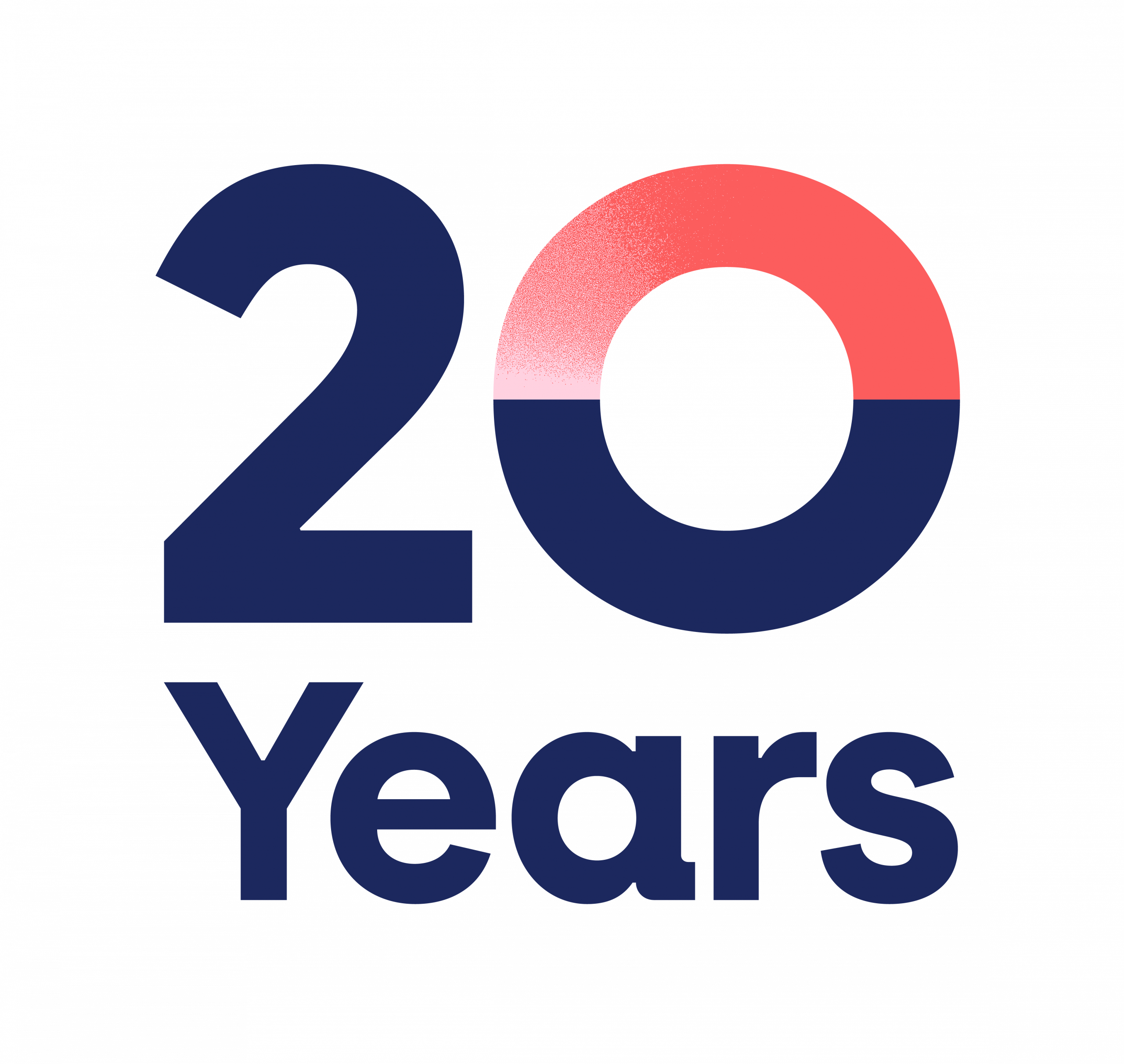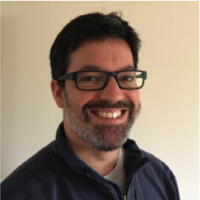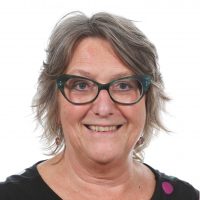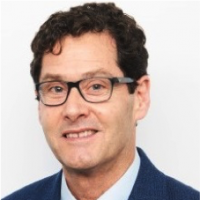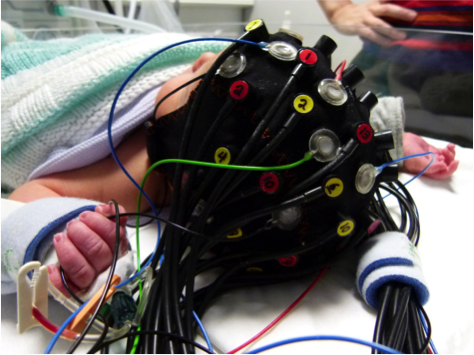
The Need
Brain development at the beginning of life and brain degeneration at the end of life are both areas where specialised care is required.
Understanding the vulnerabilities at the extremes of age will allow for better care in both young and old people.
Challenges associated with infant brain development include prematurity, accquired brain injury, and genetic disorders. Hospitalization can negatively impact parental interactions, compounding long-term effects.
Elderly medicine is associated with frailty, co-morbidities, and the need for integration with social care. Providing more support for care within communities helps support independence in aging populations and keeps the brain active and healthy for longer.
The Need
Brain development at the beginning of life and brain degeneration at the end of life are both important areas where specialised care is required.
Understanding the vulnerabilities at the extremes of age will allow for better care in both young and old patients.
Challenges associated with neonates and infants include prematurity, developmental and genetic disorders, and barriers to parental contact during hospitalisation, all of which can cause long-term brain injury.
Elderly medicine is associated with frailty, co-morbidities, and the need for integration with social care. Providing more support for care within communities helps support independence in ageing populations and keeps the brain active and healthy for longer.
How can we help?
We hope to support both ends of the age spectrum by improving care pathways and supporting innovations.
For neonatal care, this includes:
- Improving pathways and evaluation of the importance of baby-parent contact.
- New technology in neonatal brain imaging, including the development of the fUSiON project cot-side functional brain imaging device for intensive care.
- Expansion of the genomic screening for the diagnosis of rare childhood diseases.
For elderly medicine, this includes:
- Improving recognition, treatment and ongoing care of under-diagnosed, treatable conditions in the elderly (such as cervical myelopathy and idiopathic normal pressure hydrocephalus).
- Reducing the need for elderly people to visit hospital by developing community alternatives to delivering neurological rehabilitation (such as telerehabilitation, providing these to homes and local care facilities).

